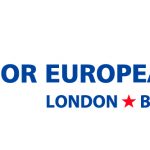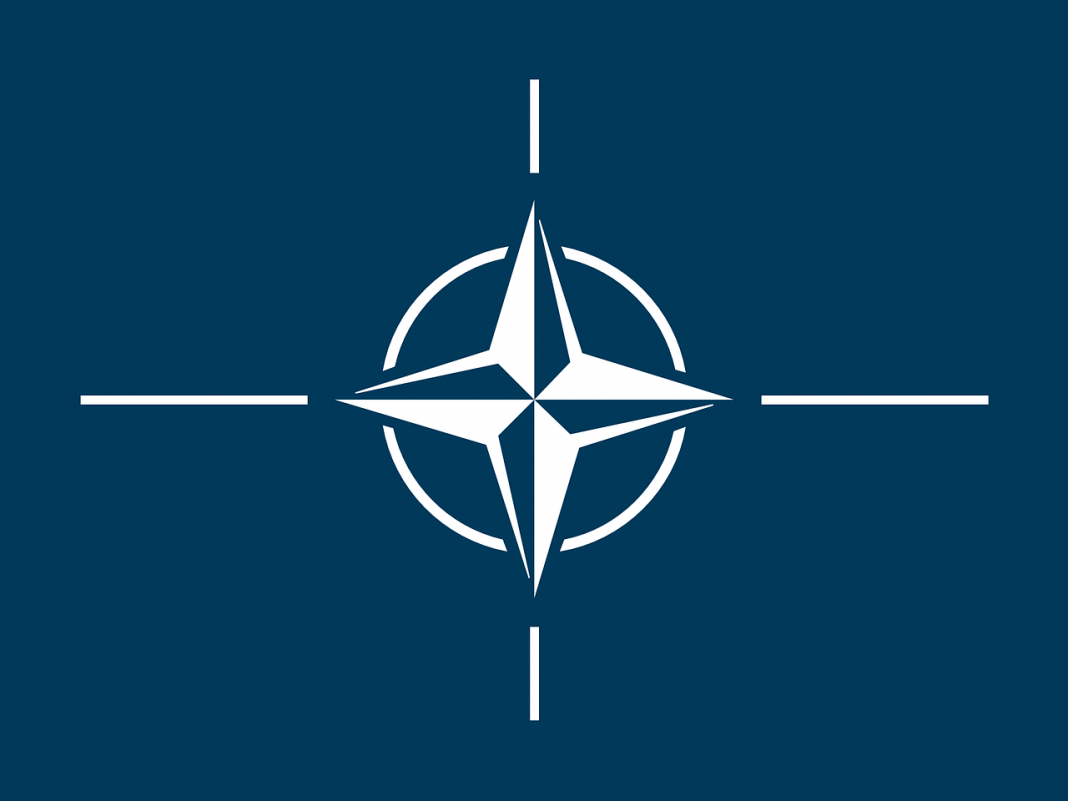NATO’s 75th anniversary summit sought to project unity and strength, but large challenges simmer under the surface. When the leaders of the NATO allies gathered in Washington last week, they had significant achievements to mark. Defence spending is on the rise: European allies and Canada are increasing their spending by 18 per cent this year alone, and most European allies now meet the 2 per cent of GDP target. The allies agreed on former Dutch Prime Minister Mark Rutte taking over as the next Secretary General. They also promised to firm up support for Ukraine, pledging to provide Kyiv with at least €40 billion a year in financial assistance. The allies also agreed to involve NATO more closely in co-ordinating weapons deliveries to Kyiv. Until now that role has been performed by the US-led ‘Ramstein’ format, while NATO co-ordinated non-lethal assistance. NATO will now take the lead in co-ordinating training and military support to Ukraine, to put it “on an enduring footing, ensuring enhanced, predictable, and coherent support.”The Alliance will also appoint a senior representative in Ukraine.
Author: Luigi Scazzieri, Senior Research Fellow, Centre for European Reform.
This article is available on the Centre for European Reform website.



